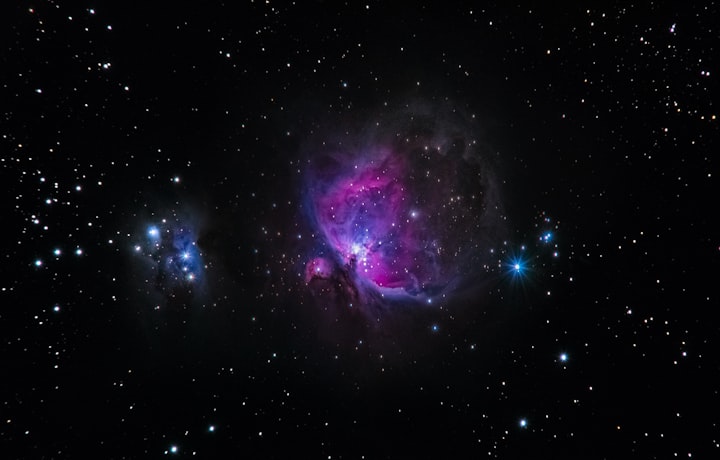Planets
What planets are out there in the universe?

The planet that we live on won't last forever. At this rate, we are treating it. We won't be able to live on it too soon. The question is threw. How soon before the beautiful planet we live on finally turns to dust, we have to find another place to inhabit, to keep us alive.
First off, let's start with how many people we have. There are over 7 billion and counting people on our plant. In the first apollo mission, Arstranonts discovered that Earth is small. So, we would have to find a planet that could fit all those people. Now let's go through all the planets in the solar system and see which one can contain 7 billion people.
The first planet is mercury. Mercury is closed to the sun and smaller than earth. Mercury is very hot and rotates around the sun 87. 97 days. Forget about the size and think about the heat. Not even metal can land on there without melting within seconds. Then there is venus. Venus is almost the same size as earth. It is hot, yet scientists believe that it was once Earth's sister planet. Some volcanos and clouds seem similar. The difference is they aren't as fresh and bright. Also doesn't have oxygen. Never the less in the late 1950s, the USSR sent a rocket to venus and managed to take pictures. It was a very red image with rocks and lava marks. Scientists have gone as far as to think of ways to get there. That includes shooting rockets to venus to change the atmosphere of the planet. Only time will tell if that can happen. Then there is Mars. Mars is a little smaller than Earth, but it is the place that we could land. Various parts of mars look very similar to rocky mountains on Earth. According to the NASA robot curiosity. The sun seemed to be shining as much as it does on Earth. Despite the lack of oxygen on the planet. It still looks promising because of how it rotates around the sun and the possibility of there being water. Mars is very promising. So, promising that NASA is going to land there in the year 2030. Then follows the planet Jupiter. Jupiter is three times the size of Earth. But it is impossible to ever land on there. Humans can only think of ever getting there. Jupiter has no place to land. It is known as a gas giant. Jupiter is composed of hydrogen and numerous other gases. Trying to get a spaceship threw would be a never-ending fall through nonstop gases until you reach the inner core. Let's go even further from the sun. The next one is the ringed planet Saturn. It 82 moons and can also be considered a gas giant. It is a cold planet, which makes it inhabitable. Yet, is something about Saturn. Especially one of the moons. That moon is known as a titan. Earth sent a voyager to titan. It is bigger than the moon and has more light. The voyager also relived that little water vapor. There could be a possibility of water on there. Which can very exciting because who knows, maybe that might be inhabitable. Uranus is a beautifully lit blue planet bigger than earthy yet smaller than Jupiter and Saturn. Uranus has numerous moons, yet it still a gas giant and very cold. The last is Neptune, possibly the most beautiful of them all. Neptune is the furthest from the sun, which makes it the coldest and darkest planet. Neptune also several storms NASA only has a couple of images of Neptune. It could be because it is very far. So, those are all the planets.
The planet that we can inhabit is Mars. It is close and seems to have a smooth surface. It isn't as hot as venus or mars. So, we must take some space suits out there to is if possible. By 2030 we will be there and see for ourselves how it looks. With all those planets listed, the question now becomes which one would someone want to visit. The best answer I could give is to keep dreaming and wonder about the endless possibilities our universe holds.
About the Creator
michael murillo
a fun-loving guy, who loves to write. Read some of my first stories. You don't know. You just might like and can't wait to read more






Comments
There are no comments for this story
Be the first to respond and start the conversation.